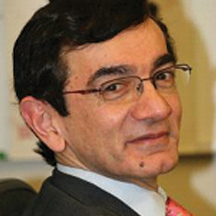Digital technology and inequality: the Impact on Arab countries
The widespread diffusion of new digital technologies arouses mixed emotions: hopes that it will revive waning productivity growth; and fears that it will displace workers, particularly the low-skilled and those with less education, and lead to greater inequality. This column summarises new evidence on the likely impact of technological change in the Arab countries, and how governments should think about responding.


